 You and your colleagues are designing a tablet-based system to help children learn the basics of literacy. Where have you tested it so far?
You and your colleagues are designing a tablet-based system to help children learn the basics of literacy. Where have you tested it so far?
There are two villages in Ethiopia: Wonchi and Wolonchete. There were 20 kids in each village to begin, between four and 12 years old. They are very, very poor. In Wolonchete they walk 2.5 hours to get water and 2.5 hours back. These are children who live too far away to be taught in school, who have never been exposed to English. There are no literate members of either village and no electricity. The villagers provided the space and helped to build solar-powered charging stations.
 The children have had the tablets for about a year to a year and a half. I went about five months ago to Ethiopia to personally assess them. Most of the kids knew half or more of the English words that we tested. We found that two young girls and one boy who had assumed the role of teacher went through all the hoops—these three knew all the letters, could write them, give the name of any letter in any completely randomized array. These three children also knew a lot of letter sounds and were able to recognize very common words.
The children have had the tablets for about a year to a year and a half. I went about five months ago to Ethiopia to personally assess them. Most of the kids knew half or more of the English words that we tested. We found that two young girls and one boy who had assumed the role of teacher went through all the hoops—these three knew all the letters, could write them, give the name of any letter in any completely randomized array. These three children also knew a lot of letter sounds and were able to recognize very common words.
What technologies are you using?
We are using Android on the Motorola Xoom so we can enter data and constantly get data from it, which we can’t do on an iPad. We chose the apps out of a huge number having something to do with language development, precursors of reading, things like understanding that something can have a rhyming sound. We were also able to use videos from certain television programs, such as Between the Lions. We listed every single word from every single app, and we know how many times the kids have heard a particular word or how many times they have tapped that word.
What roadblocks do you see for wider implementation?
We’re not as worried about cost as we would have been three years ago. But in One Laptop per Child, they learned that the devices have to be robust because of the heat and dust. You can’t have devices breaking down all the time—that’s just technological detritus.
PROFILE
NAME
Maryanne Wolf
TITLE
Director, Tufts University Center for Reading and Language Research
LOCATION
Medford, Mass.





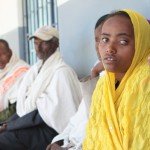
![What is the state of education in Ethiopia? [Quora]](https://www.ethiopianopinion.com/wp-content/uploads/2014/01/eduethio-150x150.jpeg)


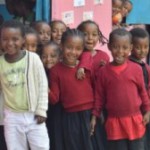

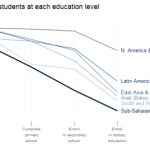
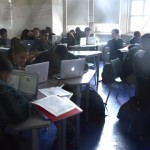
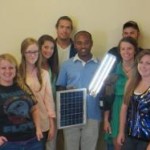

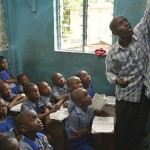












Join Conversations